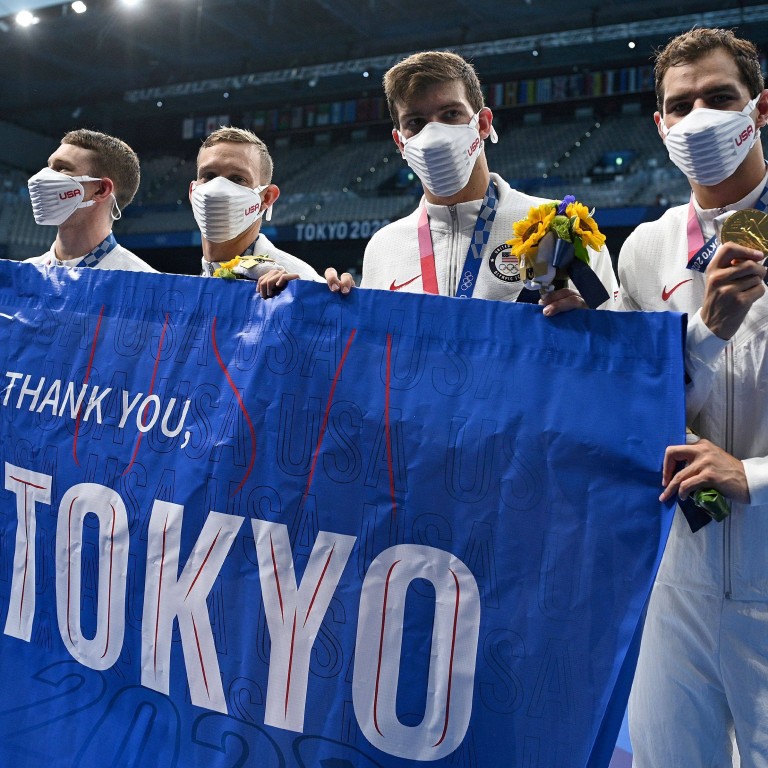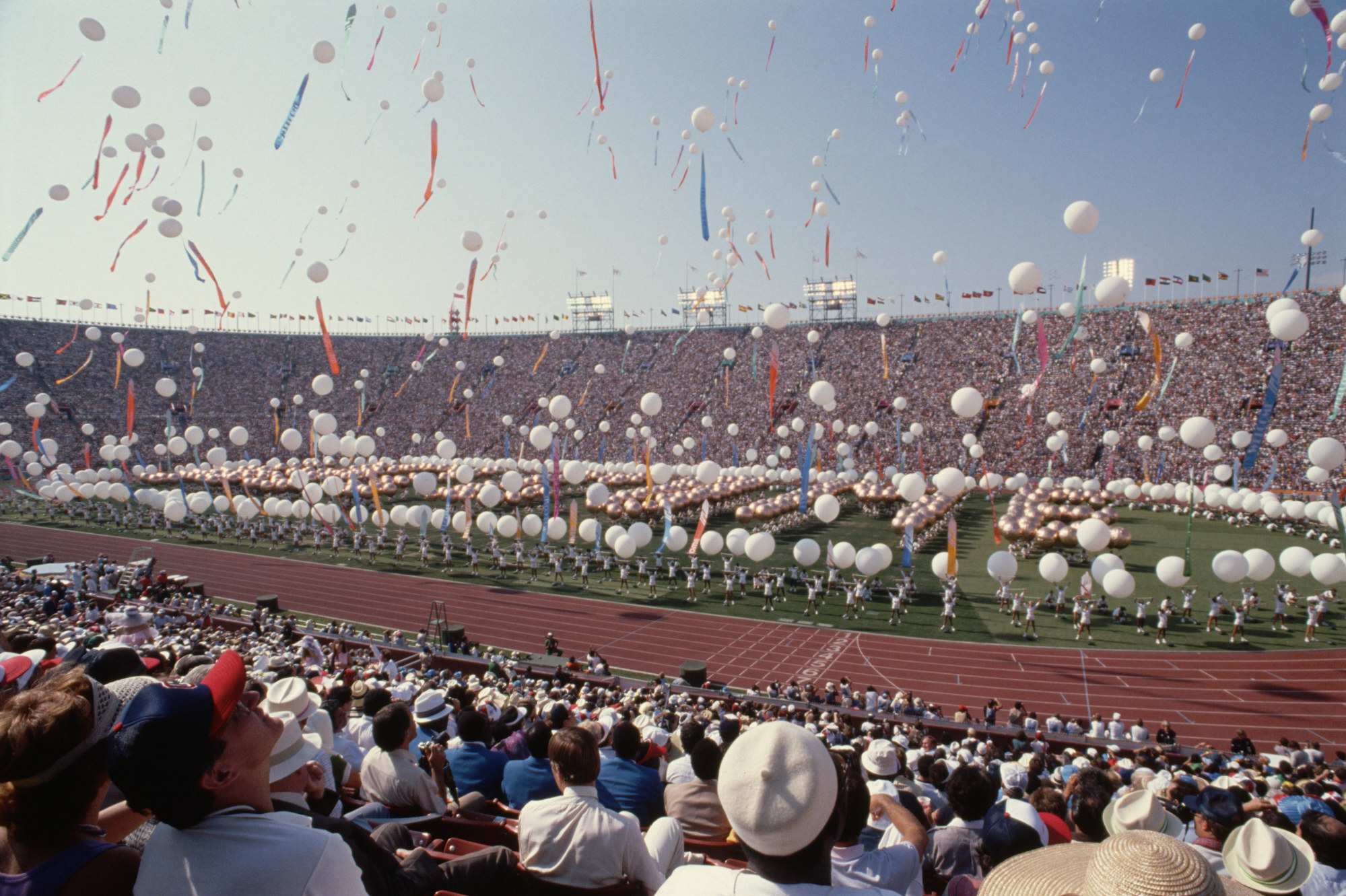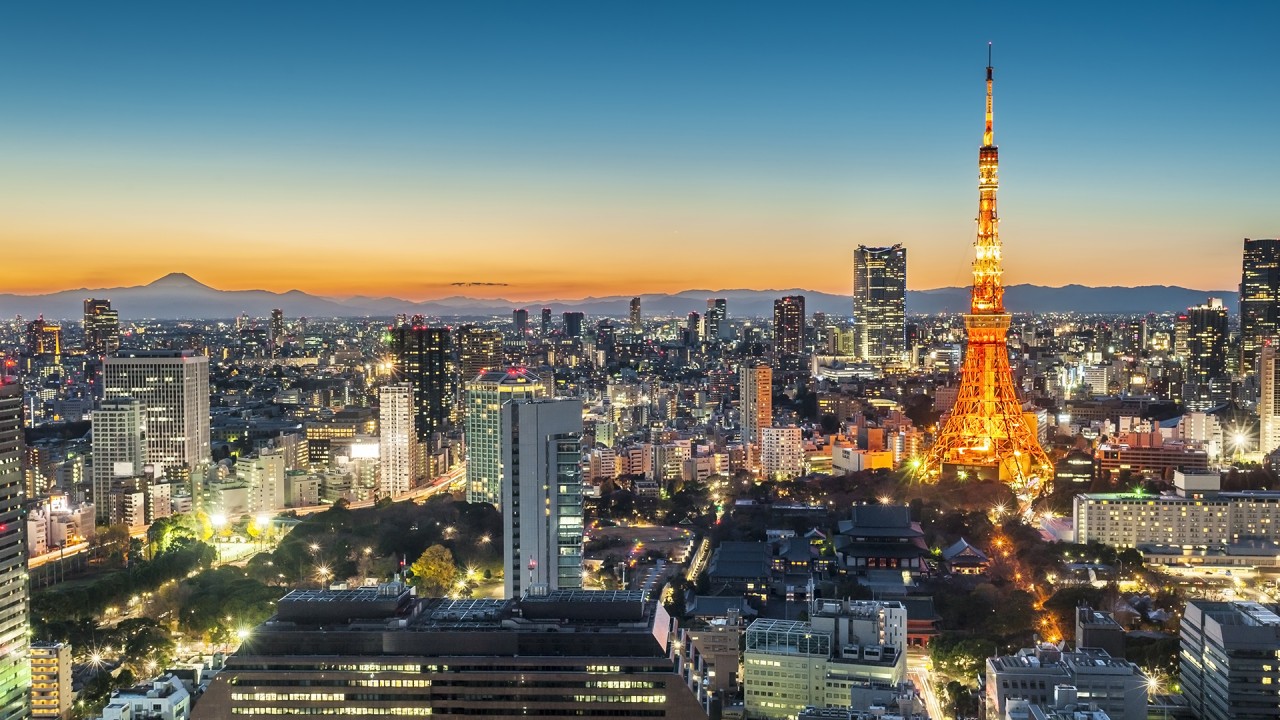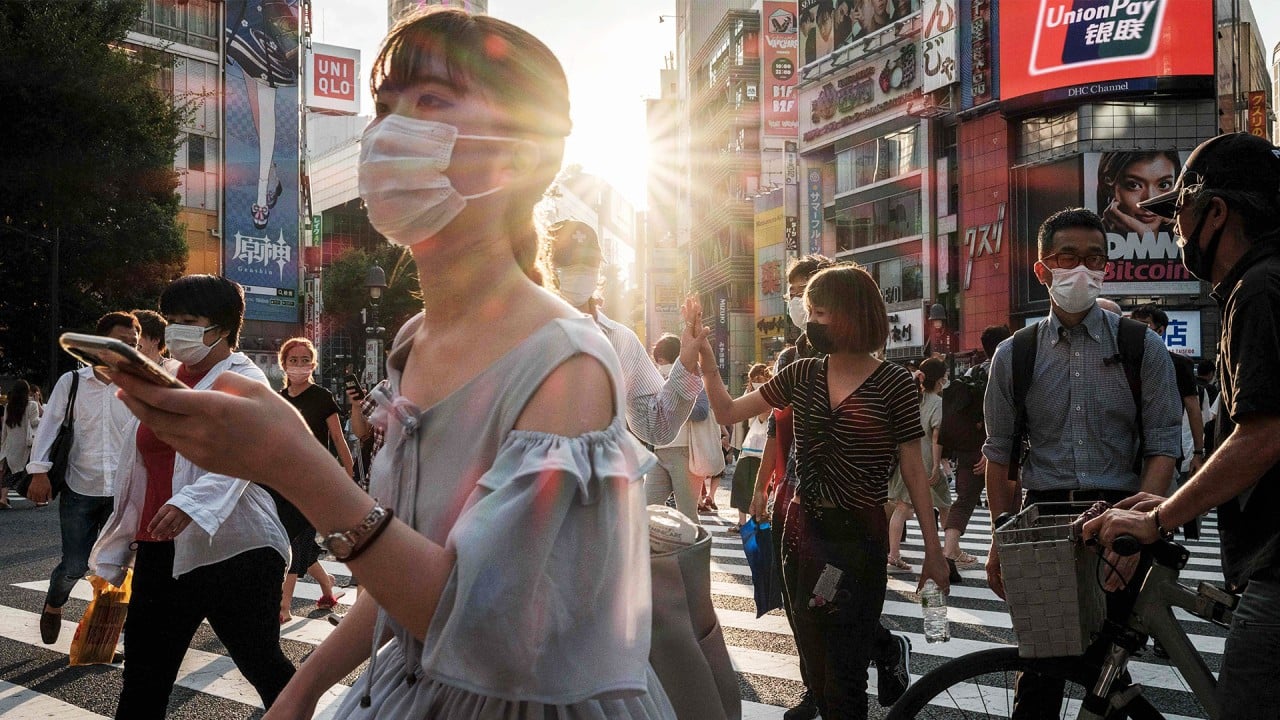
Enjoy the Tokyo Olympics – it may be the last of its kind
- The difficulties of the Tokyo Games have shone a light on the Olympics’ economic model, under threat from rising costs and shrinking profits
- As climate awareness grows, another serious threat looms: how to justify the carbon costs?
Let us sit back, relax and enjoy while we can, the simple, innocent pleasures of watching around 11,000 brilliant athletes perform unimaginable feats in and around Tokyo. Because this long-delayed 2020 Olympic Games may be one of the last of its kind.
As much attention has been given to the physical and mental stress put on athletes as to their extraordinary skills and achievements. The climate crisis has added to stress as Olympic organisers have had to count carbon emissions meticulously.

Indeed, changes from the original “noble amateurism” at the heart of Baron Pierre de Coubertin’s first “modern” Olympics in Athens in 1896 are already profound. The spirit of “Citius, Altius, Fortius” (Swifter, Higher, Stronger) may remain, but there are many competing in Tokyo who have scant regard for Coubertin’s immortal call: “The most important thing in the Olympic Games is not winning, but taking part; the essential thing in life is not conquering, but fighting well.”
The spirit of noble amateurism, which left Olympic competition open only to the wealthy elite, probably died in 1984, when after a series of financially disastrous Olympics, Los Angeles came to the rescue with the full force of capitalist sponsorship, with Snickers and M&Ms becoming the official Olympic “snack food” and ABC paying US$225 million for broadcasting rights.

The 1984 LA Olympics earned a profit of close to US$250 million. By 1986, the International Olympic Committee (IOC) had granted permission for professionals to compete, and this transformation was immortalised in the 1992 Barcelona Olympics when the famous US basketball “Dream Team” swept gold.
But, as the scale, cost and risk of mounting the Olympics has risen, so the profits have shrivelled and the pressure for change has mounted. This is particularly so for the summer Games – since the 1996 Atlanta Olympics, only Beijing in 2008 has claimed a profit. Rio de Janeiro in 2016 lost an estimated US$2 billion, and Tokyo will in due course report record losses.
As Stefan Szymanski, a professor of sports management, reminds us, 11 cities bid for the 2004 Olympics which eventually went to Athens, but 20 years later, just two cities were willing to put their hat in the ring for 2024 – Paris and Los Angeles.
Meanwhile, more cities, including Boston, Calgary, Innsbruck, Munich, Hamburg, Oslo and Bern, have in recent years pulled back from bidding, often after decisive public referendums opposed to hosting.
“The IOC, panicked that the number might fall to zero, hastily awarded one Olympics to each of [Paris and Los Angeles] for 2024 and 2028,” Szymanski said. “The IOC’s model of the Olympics has become unsustainable. It is great for the athletes, the broadcasters, the sponsors and the sports administrators – but costly, unfair and unworkable for cities.”
Szymanski calls for a significant scaling down: “Athletes do not have to compete in palaces and cathedrals. More intimate settings can be more appealing than the glitz that has spread over the Games like a golden fungus.”
While Szymanski is clearly right for the cities, he may have gilded the attractions for athletes, broadcasters and sponsors.
For most athletes, competing alone, without trainers, family, friends or even spectators, and denied the camaraderie of partying with other athletes, must have made this year’s Olympics uniquely challenging.
Sponsors, too, have felt an acute squeeze, with Toyota controversially withdrawing its TV advertising days before the Olympics. To be an Olympic “worldwide partner” can cost as much as US$300 million for a “quadrennium” that covers a four-year cycle of one summer and one winter Olympics.
Quite how Coca-Cola has continued to justify such marketing costs to “refresh” athletes since the 1928 Olympics (Omega is only just behind, having sponsored since the LA Olympics in 1932) is hard to imagine.
Official organisers say the Olympics will burn 2.73 million tonnes of carbon dioxide (though 340,000 tonnes have been saved by banning spectators), and have put in place extensive measures to reduce emissions.
Already, the Paris organisers for the 2024 Olympics are feeling the heat. They have promised a 50 per cent cut in emissions, talking of relying on existing compact venues, renewable energy, sustainable catering, low carbon temporary equipment and “circular economic principles”.
For sure, the model must change. This will perhaps not be for Paris in 2024, or for Los Angeles in 2028, which will be powerfully motivated after hosting in 1932 and 1984, two of the most successful Olympics ever. But, by Brisbane in 2032?
David Dodwell researches and writes about global, regional and Hong Kong challenges from a Hong Kong point of view



